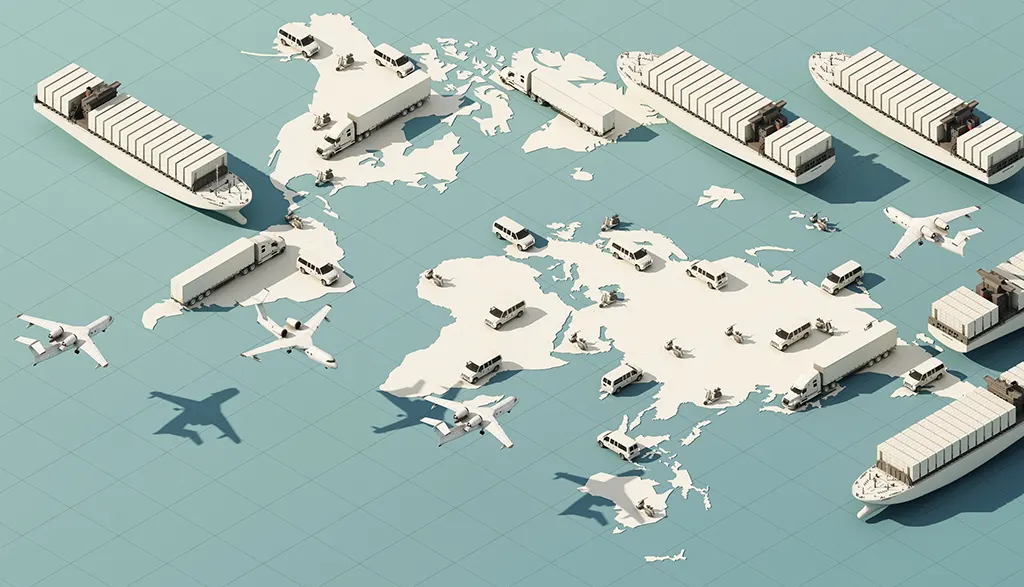
The Carbon Border Adjustment Mechanism (CBAM) is a pivotal regulatory framework introduced by the European Union (EU) to address carbon emissions associated with imports into the EU. In this comprehensive guide, we’ll delve into the intricacies of CBAM, its objectives, phases, and implications for businesses.
1. What is CBAM?
CBAM serves as a mechanism for businesses to account for and offset the carbon emissions embedded in their imports into the EU. It aims to prevent goods produced outside the EU, with lower environmental standards, from gaining a competitive advantage over domestically produced EU goods.
2. Phases of CBAM:
Transition Phase (1st October 2023 – 31st December 2025): During this period, businesses are required to report the quantity of imported products, along with the embedded carbon emissions and associated carbon costs in the country of origin.
Operational Phase (1st January 2026 onwards): CBAM will be fully operational from this date, with stringent regulations and enforcement mechanisms in place.
3. Covered Sectors:
As of now, CBAM applies to specific sectors including iron and steel, cement, fertilizers, aluminium, electricity, and hydrogen. These sectors are deemed significant contributors to carbon emissions.
4. Reporting Requirements:
Businesses are obligated to report relevant data through the designated EU portal for CBAM. This includes information on imported quantities, carbon emissions, and associated costs.
To access the EU portal for CBAM reporting, please visit this link.
Actions to Take Now:
1. Implement processes to facilitate CBAM reporting requirements.
2. Ensure timely submission of quarterly returns.
3. Review supplier contracts to ensure compliance with CBAM regulations.
4. Consider potential costs post-2026 and strategize accordingly.
5. Explore long-term decarbonization measures to mitigate costs and enhance sustainability.
How Smart Customs Can Help:
At Smart Customs, we understand the complexities of CBAM and are dedicated to assisting affected businesses in navigating these regulatory changes seamlessly. Our team offers expertise and guidance to ensure compliance with CBAM requirements.
Should your business require assistance with CBAM compliance or have any inquiries, please don’t hesitate to contact a member of our team today.
In conclusion, CBAM represents a significant shift in global trade dynamics, emphasizing environmental sustainability and carbon accountability. By proactively addressing CBAM requirements, businesses can not only ensure compliance but also contribute to a greener future for generations to come.
